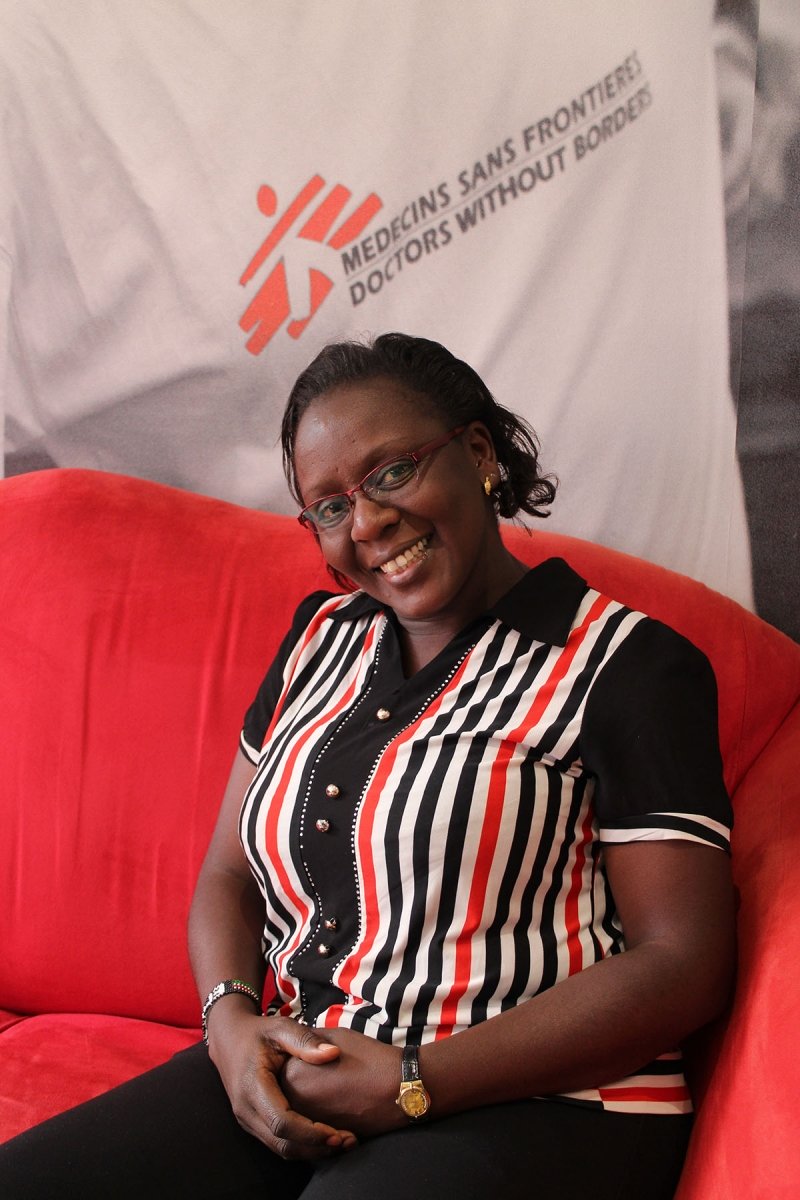
From a difficult context to another, Kenyan-born Emily Wanja Wambangu, is ready for her third assignment with Doctors Without Borders (MSF) as a mid-wife activity manager in Kabul, Afghanistan.
A nurse by profession, Emily leaves for Afghanistan this week on a nine month-long assignment. Among her key duties will be to manage all Sexual Reproductive Health (SRH) services in a project which includes: antenatal clinic, maternity, postnatal family planning clinic activities, as well as services for survivors of sexual and gender based violence.
Emily who recently spent three months in Pakistan as a midwife supervisor, is excited to be taking up another assignment as this enables her to do what she loves best: putting her managerial and people skills in practice as part of international and local medical team where the needs are greatest.
Previously Emily has also worked with Somali refugees in Dadaab, the world’s largest refugee camp in Kenya as a nutrition nurse from 2011 to 2014. There she managed cases of acute and severe malnutrition. She’s also twice worked in South Sudan and Pakistan.
“Every assignment is different and this helps me to grow personally and professionally. For this assignment, I expect to maintain the high standards MSF has set to deliver the much-needed healthcare to as many women as possible with our SHR services and to help the community understand what MSF does,” says Emily.
Over the years with MSF, Emily has witnessed women suffering hardship because of inadequate access to medical care especially when giving birth. This motivates her to continue working so she can save many lives.
In Pakistan many women risk dying after childbirth because of high levels of abuse of oxytocin – a drug used to cause contraction of the uterus in order to induce labour or increase the speed of labour as well as stop the bleeding. She says the medication should be given intravenously and in drops, but many people are not aware so they end up administering abnormally large quantities.
“Oxyton is sold anywhere from the pharmacies to the streets and women who are often desperate to give birth quickly even when they are not ready. They buy it and administer it themselves. We had many cases where women suffered ruptured uteruses and lost their babies after using it irresponsibly. Nothing else broke my heart, but this,” says Emily.
Although she looks forward to trying out local food in Afghanistan, Emily is hedging her bets. Just in case she misses Kenyan home cooking Emily has packed a small packet of ugali (maize meal).
Find out more about MSF's work in Afghanistan.